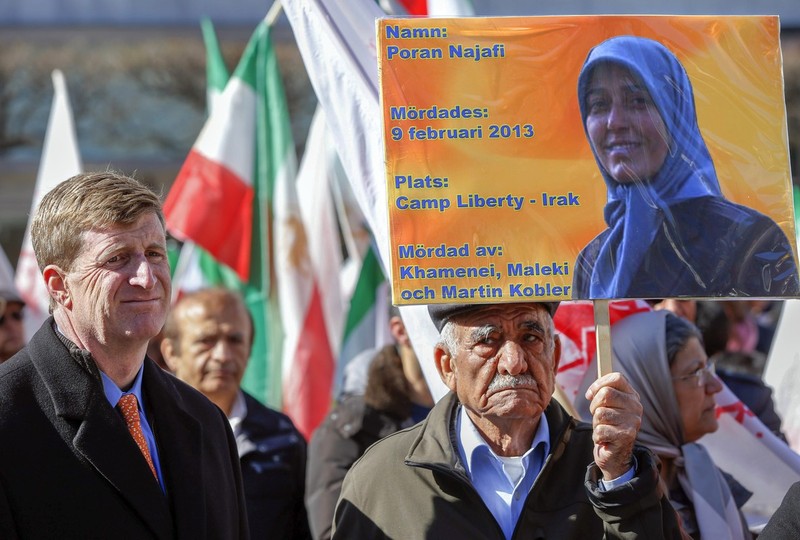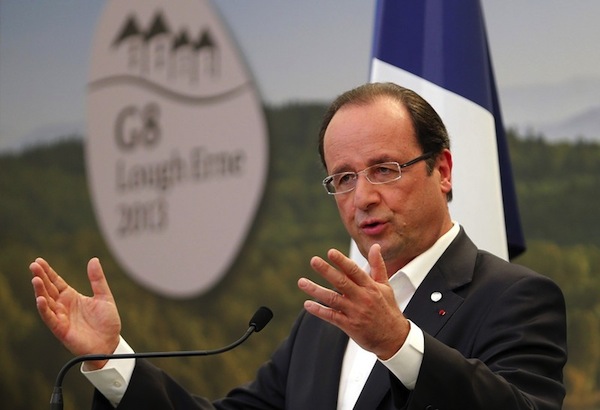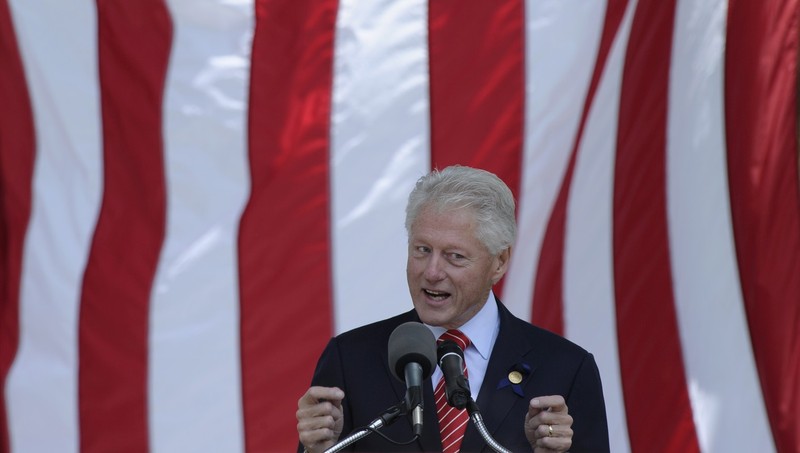Iraq's Shiite Militias Are Fighting in Syria on Behalf of Assad

Shiite militias from Iraq are engaged in the civil war in Syria, according to a new report from the Washington Institute. The group -- Liwa Abu Fadl al-Abbas (LAFA) -- is being aided by Iran's Qods Force and while it's currently just a small group (some 800-2,000 fighters), the Washington Institute's Michael Knight sees it as having a potentially "strategic impact on the war."
Why? "Small but highly motivated forces can have a disproportionate impact in civil wars, where the fighting is often focused on specific locales, and where small, iconic battles can significantly affect morale," Knight writes. "Lebanese Hezbollah's direct intervention at al-Qusayr is one example of this phenomenon, and the role of the predominantly Iraqi LAFA forces around Damascus could become another..."
Iran has played a "key role" in forming this militia and sending them into the Syrian fray, Knight continues. Citing Philip Smyth, an "independent expert on LAFA's operations," Knight claims that Shiite militias formerly targeting U.S. troops have been retrained in Iran and Lebanon to wage a more conventional urban war against Syrian rebel groups.
Despite U.S. pressure and Iraqi assurances, the flow of support from Baghdad to Damascus continues.
What should the U.S. do? Knight suggests bombing the Damascus airport and instituting a no-fly zone in the country -- essentially, starting another U.S. war in the region.
That doesn't strike me as a very sensible option, given how beneficiaries of the last U.S. war in the region -- Iraqi Shiites -- are behaving.
(AP Photo)





